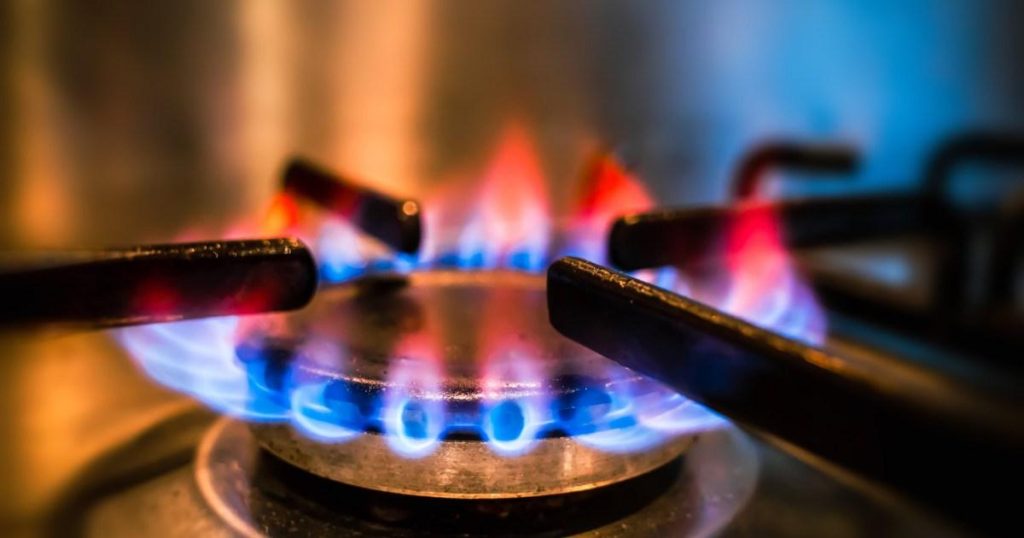The United Kingdom is facing a potential gas supply crunch as frigid temperatures sweep across the nation, driving demand to unprecedented levels and depleting gas storage facilities. British Gas, a subsidiary of Centrica, has issued a stark warning, claiming the UK has less than a week’s worth of gas reserves remaining. This alarming projection follows the coldest night in 15 years, which significantly strained the energy system. Centrica highlights that the combination of plummeting temperatures and increased reliance on gas-fired power stations has led to a substantial decrease in gas storage levels, which are currently 26% lower than at the same time last year and effectively half empty. This precarious situation underscores the UK’s vulnerability within the European energy landscape, where it stands out for its relatively low reliance on gas storage, a strategic deficiency that is now coming to the forefront.
While the government maintains a confident stance, assuring citizens of sufficient gas and electricity capacity to meet winter demand, the current situation raises concerns about the nation’s energy security. The prime minister’s spokesperson emphasized regular communication with the National Energy System Operator to monitor the situation and ensure all necessary measures are in place to secure supply. This assurance comes amidst growing anxiety about the shrinking gas reserves and the potential for disruptions. National Gas, responsible for the UK’s gas network, asserts the nation receives gas from diverse sources and storage levels remain healthy, seemingly contradicting the dire warnings issued by Centrica.
The disparity in messaging between energy providers and government officials underscores the complexity of the situation. Independent energy analysts suggest that the UK could resort to importing gas from other European countries if domestic storage levels become critically low. This reliance on external sources, however, raises questions about price volatility and potential supply disruptions, particularly in a context of heightened geopolitical tensions and fluctuating global energy markets. The convergence of extreme weather conditions and the cessation of Russian gas supplies through Ukraine at the end of December 2022 has further exacerbated the strain on the UK’s energy resources.
The root causes of the current gas shortage are multifaceted. The unusually cold weather has led to a surge in demand for heating, putting immense pressure on the existing gas supplies. Compounding this issue is the disruption of Russian gas pipelines through Ukraine, a major supply route that has been cut off. This geopolitical development has forced the UK to rely more heavily on other sources, increasing competition and potentially driving up prices. Furthermore, persistently high gas prices have made it financially challenging to replenish storage levels over the Christmas period, further contributing to the current deficit.
The confluence of these factors has created a perfect storm for the UK’s energy security. The situation highlights the country’s vulnerability to fluctuations in global energy markets and the potential consequences of relying on limited gas storage capacity. While the government remains optimistic about its ability to manage the current crisis, the warnings from energy providers emphasize the urgency of addressing the underlying structural issues within the UK’s energy system. The long-term implications of this situation underscore the need for a more robust and diversified energy strategy to mitigate future risks.
Moving forward, the UK must reassess its energy policy to ensure greater resilience in the face of unpredictable global events and fluctuating weather patterns. This may involve increasing domestic gas storage capacity, investing in renewable energy sources, and strengthening energy partnerships with other countries. The current gas shortage underscores the importance of proactive measures to secure a stable and affordable energy supply for the future. A comprehensive review of the existing energy infrastructure and a strategic approach to diversification are crucial steps in mitigating the risks of future energy crises and ensuring the UK’s energy security in the long term. This situation serves as a stark reminder of the interdependence of global energy markets and the need for robust national strategies to navigate the complexities of the modern energy landscape.











